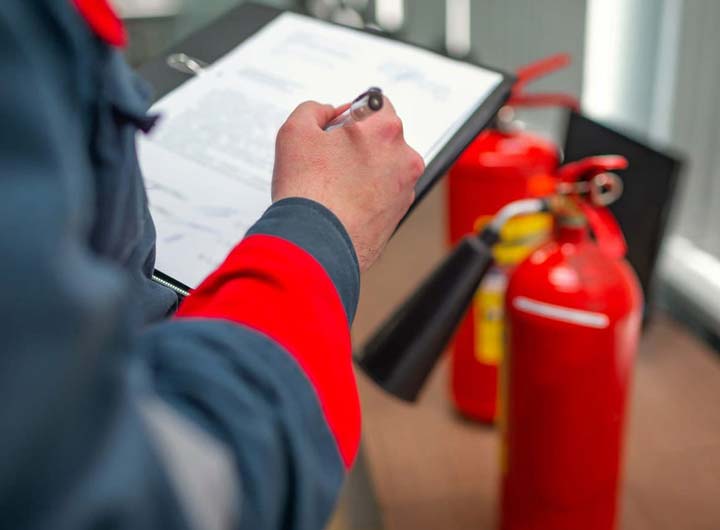
Fire safety checklist for residential buildings in Dhaka
Fire safety is a paramount concern for residential buildings. Whether you're a homeowner or a tenant, taking proactive steps to prevent fires and ensure the safety of occupants is crucial. A fire can wreak havoc within minutes, endangering lives and causing irreparable property damage. To mitigate these risks, it's essential to have a comprehensive fire safety checklist in place. In this blog, we'll outline essential measures that every residential building should implement to enhance fire safety.
Tips & Ideas for Fire Safety
By following fire safety tips, you can protect yourself, and your loved ones. Protect your home/residential building from the devastating effects of fire by following fire safety tips. Stay prepared, and proactive in fire prevention and safety measures.
- Install smoke alarms on every level of your residential buildings, including inside bedrooms and outside sleeping areas.
- Test smoke alarms monthly and replace batteries at least once a year.
- Consider upgrading to interconnected smoke alarms for added safety.
- Develop a fire escape plan with two ways out of every room.
- Practice the escape plan regularly with all family members.
- Designate a meeting point outside the home where everyone will gather after escaping.
- Keep fire extinguishers in key locations like the kitchen, garage, and near potential fire hazards.
- Use the PASS method; pull the pin, Aim at the base of the fire, Squeeze the handle, and Sweep from side to side.
- Only attempt to extinguish a small fire if it's safe to do so and evacuate immediately if the fire spreads.
- Never leave cooking food unattended on the stove or in the oven.
- Keep flammable items like dish towels, potholders, and paper towels away from the stove.
- Avoid overloading electrical outlets and power strips.
- Inspect electrical cords for fraying or damage and replace them if needed.
- Hire a qualified electrician for any electrical work or repairs.
- Keep doors and windows accessible and free from obstructions.
- Do not block hallways, stairways, or exit paths with furniture or clutter.
- Ensure that everyone in the household knows how to unlock doors and windows in case of an emergency.
- Close bedroom doors at night to help slow the spread of smoke and fire.
- Teach children to sleep with their bedroom doors closed.
- If there is smoke during a fire, stay low to the ground where the air is clearer.
- Crawl to the nearest exit, keeping your head below the smoke.
- Designate a meeting point outside the home where everyone will gather after evacuating.
- Ensure that the meeting point is a safe distance away from the home and easily identifiable.










